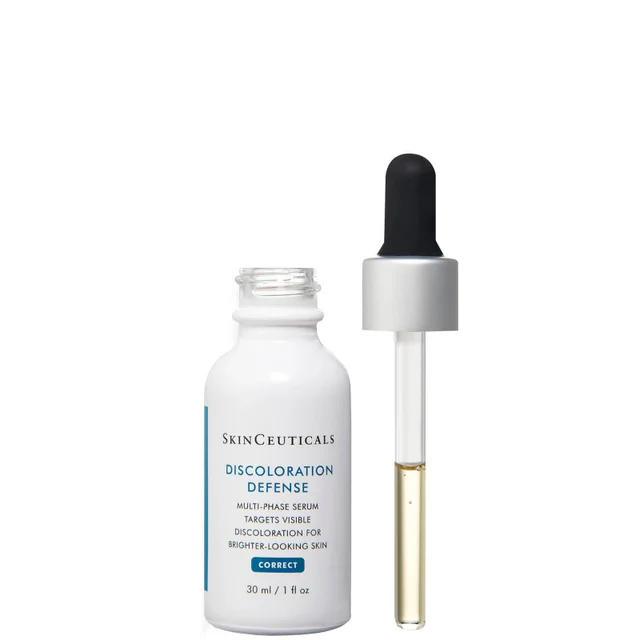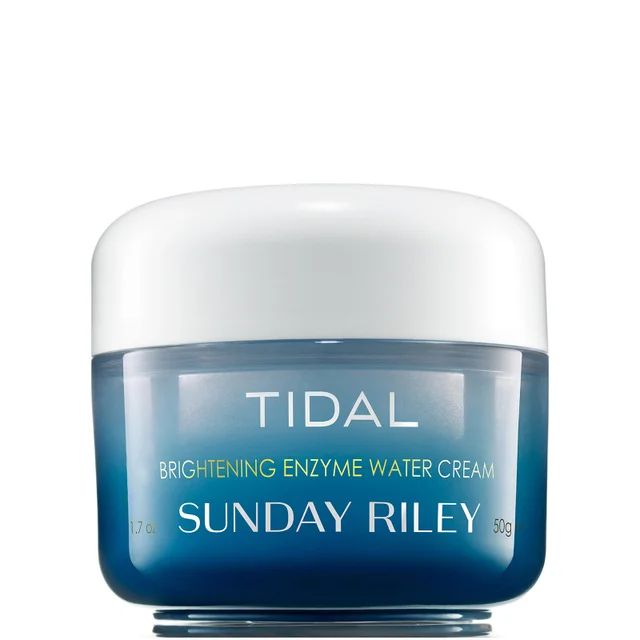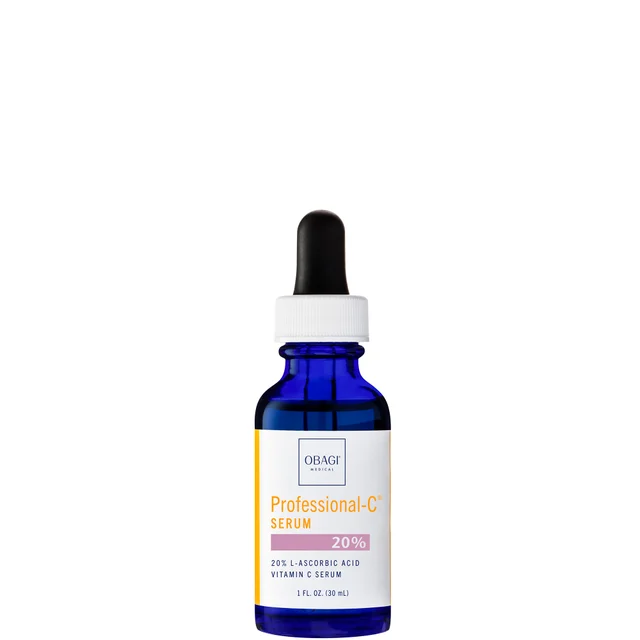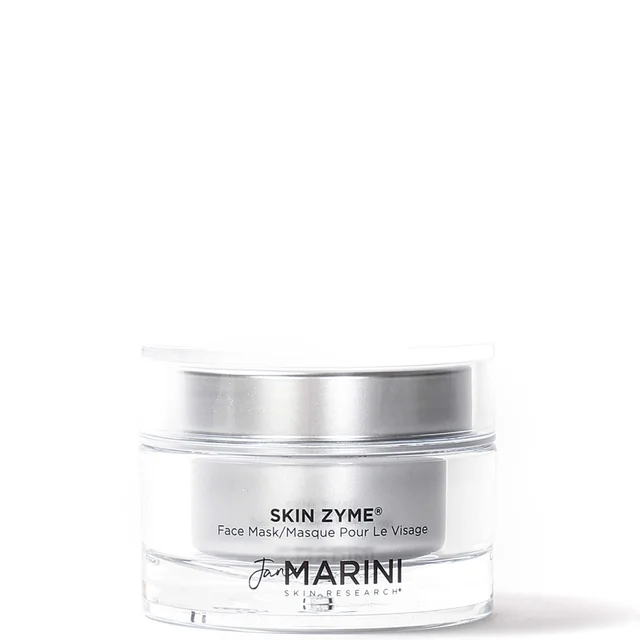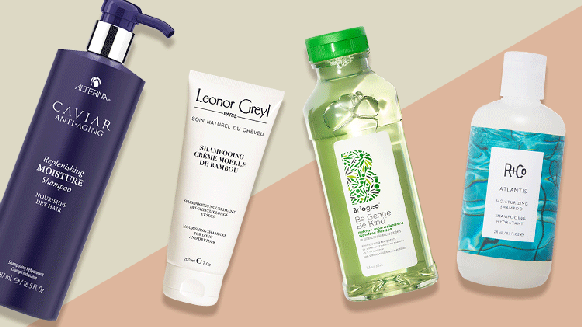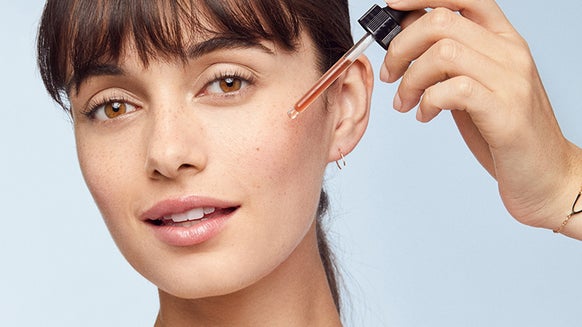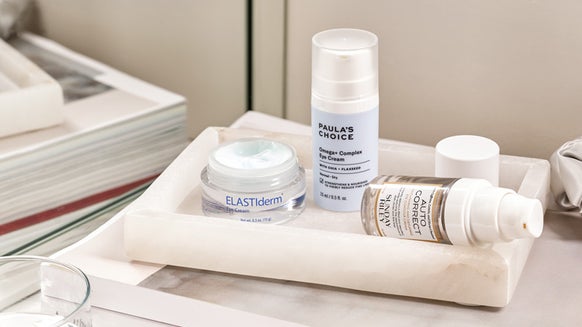9 Natural Brightening Alternatives to Hydroquinone
Hoping to lighten up scarring, freckles or dark spots on your skin? You may have heard that hydroquinone—a brightening agent—is strong enough to get the job done. And while it’s true that it’s a powerful and effective skin care ingredient, some dermatologists are concerned about its side effects and long-term effects from use.
This has led to a new wave in natural skin brighteners that work to tackle hyperpigmentation. Here’s a look at some natural alternatives and what they can do for your skin.
Why you should consider a natural approach to lightening
Chemical brightening agents like hydroquinone work by blocking key enzymes along the melanin (pigment) producing pathway in the body. But about five years ago, researchers began questioning the safety of hydroquinone because users were at risk for developing ochronosis, a condition that (ironically) darkens the skin.
“Hydroquinone is one of the most researched and studied lightening agents, but can cause severe irritation and hyperpigmentation if not used correctly,” explains Dr. Michele Green, board-certified dermatologist and RealSelf contributor in New York City. Plus, it was banned in the E.U. because it contains carcinogens, which may increase the risk for cancer.
Those side effects are enough to have some doctors concerned, explains Dr. Robin Evans, board-certified dermatologist in Stamford, CT. “Safety concerns have been limiting the use of hydroquinone, pushing the prevalence of hydroquinone-free lightening agents,” she explains. “These products can help with brightening, smoothing the skin and exfoliating. They can also help with pigmentary concerns like melasma.”
Natural alternatives to hydroquinone
If you’re ready to go au natural to brighten up your skin, consider the following ingredients.
4. PCA SKIN Vitamin B3 Brightening Serum (1 fl. oz.)
9. Jan Marini Skin Zyme (2 oz.)

From the latest hair and makeup trends to the best solutions for your skin issues, we've got all your beauty concerns covered!

